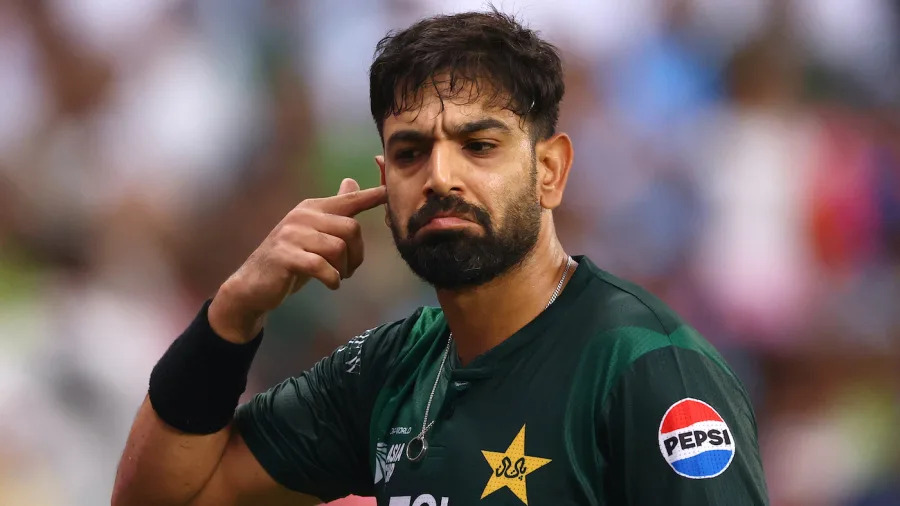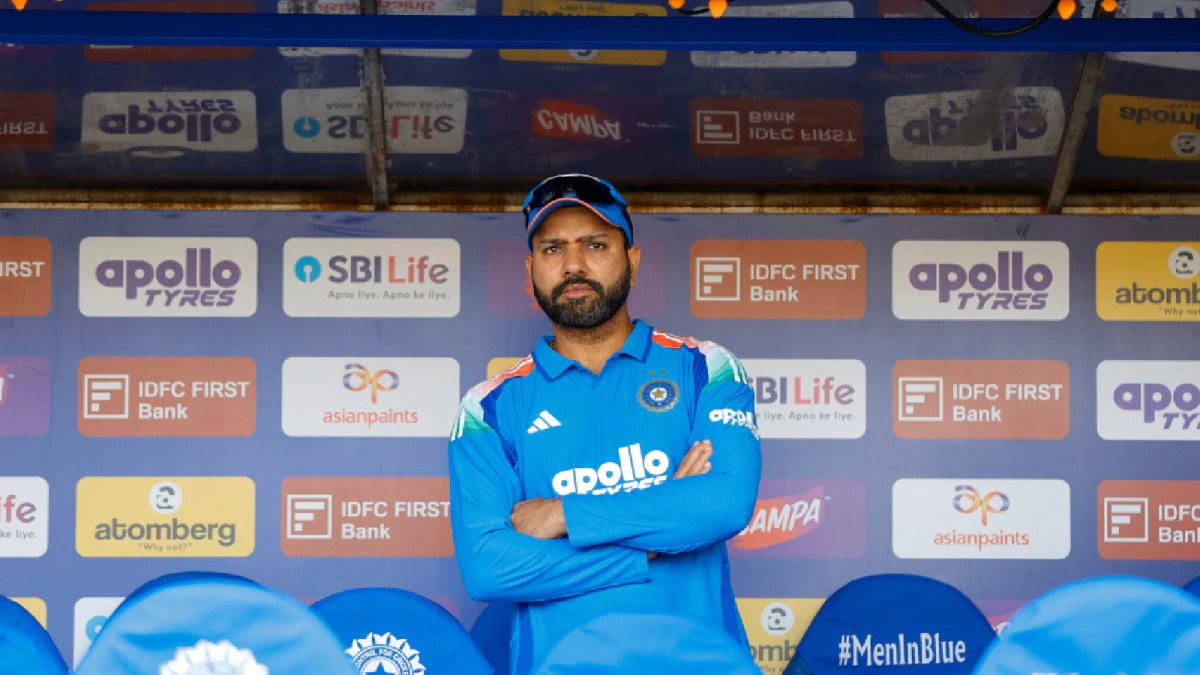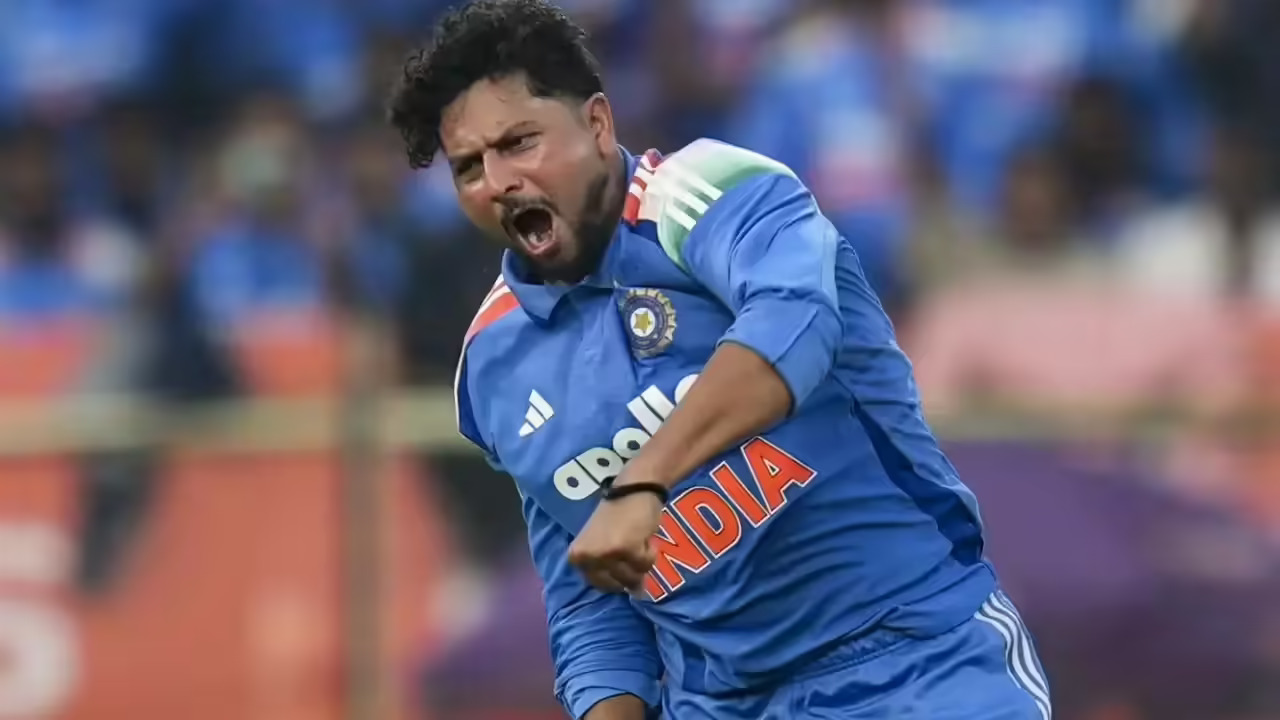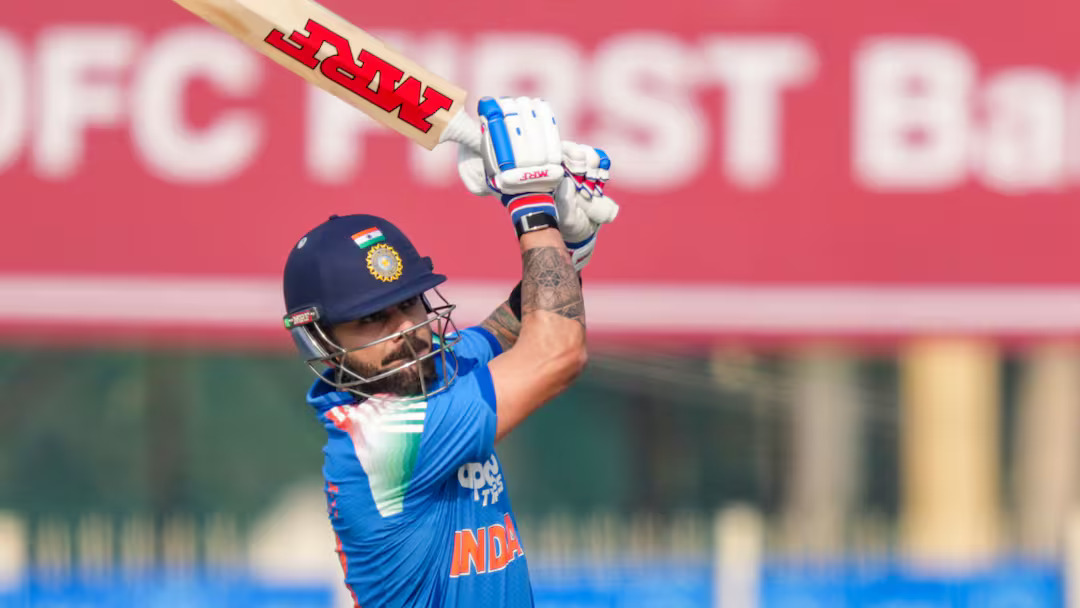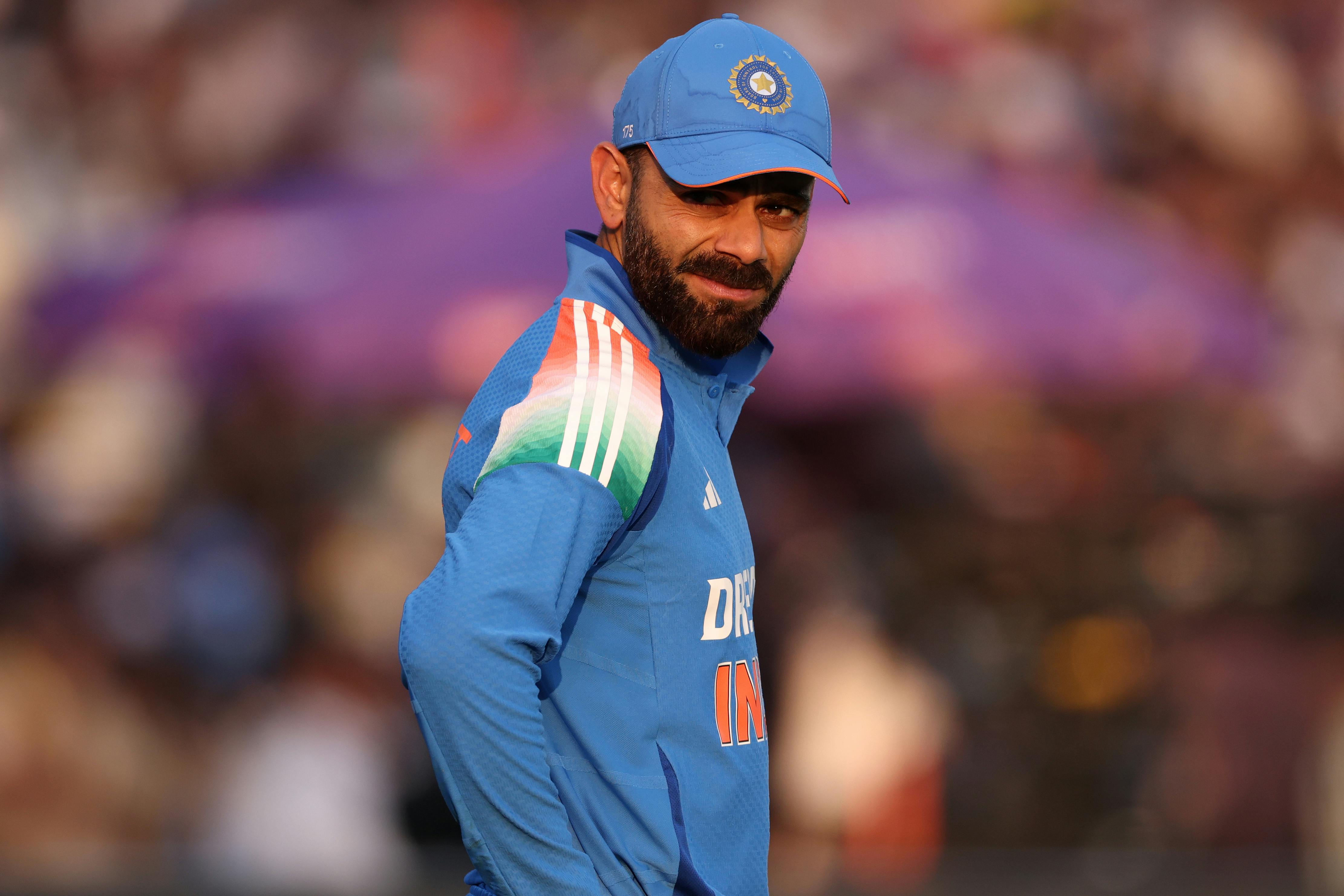When Afghanistan’s opener Ibrahim Zadran was living in London following his dismissal from the national team in 2021, his career took a drastic turn when captain Hashmatullah Shahidi called him. Zadran reflected on his journey in an exclusive interview with Cricbuzz, discussing everything from finding his game to the bittersweet sense of redemption in the T20 World Cup and the agony of Afghanistan’s 2023 World Cup loss to Australia following Glenn Maxwell’s heroics. He also discussed his batting philosophy and the kind of thinking that drives his effectiveness in high-pressure situations.
Quotes:
You are making a comeback to the Afghanistan team for the Champions Trophy following a protracted injury absence? Could you elaborate on the recuperation period?
Ibrahim Zadran: To be honest, it was really difficult when you play for the country and the team for two or three years in a row and then leave them. You know that the climate is difficult. I pushed myself and tried to be positive in order to keep my negative ego out of my head and concentrate on my physical and mental well-being. It wasn’t simple, either. I never considered that “you are missing a long period of time as you are not with the team,” thus I always wanted to concentrate on my mental health in order to be more upbeat. Indeed, I was considering when I would return to the field, but I told myself that I would take care of my business as soon as I was healthy enough to do it. I concentrated on getting fitter, so I won’t have any trouble picking up where I left off because of my injuries.
What was the beginning of your cricket career?
Ibrahim Zadran: Mujeeb [Ur Rahman] and I began playing cricket together. We watched the Afghanistan cricket team play in the 2010 World Cup for the first time as a team, played cricket in the garden, and studied cricket together. Prior to joining an academy and beginning to play hard-ball cricket, I used to play in the garden with my cousins and other family members.
You made your Test debut before moving on to white-ball cricket, and your aggressive strokeplay is not typical of Afghan hitting. What made you stand out from the others and create this unique style?
Ibrahim Zadran: Generally speaking, I watch every international cricket match and try to observe how international players like Rohit Sharma, Virat Kohli, and Kane Williamson bat. I find that I am motivated by them. It occurred to me that I ought to emulate them. I should start playing like this to motivate the younger generation, even though we can play aggressively and destroy the bowlers. I used to watch international cricket and their batting in order to work on this myself. They were playing extremely solid and technical at the time, and I used to watch Sachin Tendulkar and Kumar Sangakara play. So, yes, I was watching their batting and understood the technical and cricketing aspects, which is why I started playing that way.
You were absent from the national team for two years following your ODI debut. When you got back, though, you quickly scored a number of hundreds. What were your main priorities at the time?
Ibrahim Zadran: I still recall being sidelined for two years, but I persisted because I was trying to stay inspired and think positively.
All I can say is that I worked hard and improved my fitness, and I just advise people to never give up, work hard, and have faith in their abilities. After being sidelined, a lot of thoughts cross your mind, such as what your teammates are doing and everything else. Even though I was attempting to concentrate on my talent and fitness, I was contemplating these things and suppressing some bad thoughts. Social media and such were not things I wanted to concentrate on.
What exact role do you play on the team?
Ibrahim Zadran: I try to watch international cricket players because I want to always learn from them, like I mentioned before. I always try to pay attention to what they have to say after their match and after the innings, and I watch their interviews on TV. When the national squad was participating in the T20 World Cup in London in 2021, the top order was having trouble and was inconsistent. “Ibrahim, if you keep working hard and believe in yourself, you will get in,” I assured myself as I was feeling this.
I wanted to open for Afghanistan properly in all three formats, not just one. When he was appointed captain, Hashmatullah Shahidi called me and announced that we would be setting up camp in Qatar. “What are you doing in London?” he said when I received the call from him and the board. “I have no intention of staying here; I am stuck here due to a visa issue,” I informed him. I had a lot of energy after that call before I came to the side for the second time. That call was unexpected, and when you don’t anticipate anything and you do get it, it’s a completely different experience. I’m grateful to him. He is very kind to me and still supports me.
Andy Moore thought you were amazing.
Ibrahim Zadran: He was my main source of support and served as both the head coach and principal selector. He was really stern and, as I still recall, he was attempting to improve our skills and discipline us. He wished to promote cricket in Afghanistan. Nawroz Mangal was also present at the moment, and I have to give him credit. He put up a lot of effort, as did Moles.
What do you two talk about in the middle when you bat with Rahmanullah Gurbaz, since his batting style is so different? From the other end, it must be thrilling to watch him go all out.
I can say that I wasn’t like that, but when Jonathan [Trott, head coach] joined the team, he shared a lot of his expertise with me. Normally, we chat about the circumstances and the state of affairs. I just wanted to bat, and these things weren’t my main emphasis. I didn’t consider these factors (frequently speaking with my partners). Jonathan, who continually teaches me new things, advises me to consider and concentrate on the little things, like communication. I now try to read the situation and speak with Rahmat, Hashmat, Gurbaz, and anybody else when I bat. Communication is crucial during the game, especially when everyone is under pressure.
You lost to Australia even after scoring a century in the 2023 World Cup? Was that the biggest letdown you had?
Ibrahim Zadran: It wasn’t, sorry. I didn’t worry about my hundred points; instead, everyone’s attention was on winning the game. We had an opportunity to compete in the semifinals prior to Maxwell’s arrival. We played an incredible tournament, winning four (three) straight games. It was a very close game versus Australia, and no one thought Australia would win, but Maxwell’s batting performance was remarkable, in my opinion. He didn’t take any pressure after we gave him two chances, but it was his day. Because we put too much strain on ourselves, we were unable to handle it, which is how he won the game.
Surely there was a learning curve.
As much as you play every day, it’s all about learning, said Ibrahim Zadran. Every day is a learning experience for both cricket players and humans. I therefore learned how to deal with pressure from that game.
You defeated Australia and hit a fifty in the T20 World Cup.
When we faced them again in the T20 World Cup after losing the 50-over match, Ibrahim Zadran said, “It was a great feeling because everyone wanted to win and fight against them.” When we defeated someone in the T20 World Cup after they had defeated you in a major competition like the 50-over World Cup, it was like a form of retaliation. We exacted revenge on them, I can say that. They didn’t make it to the semi-final after we placed them under pressure and caused them problems after we won the game.
Could you explain how Rashid and Hashmat differ from one another as captains?
Ibrahim Zadran: In my opinion, both are excellent leaders in their own right. Rashid has a strong desire to lead from the front and motivate the youth. He is a capable and aggressive leader who is driven to do more for the nation. When it comes to Hashmat, he is quite composed and always tries to uplift players, maintain a disciplined atmosphere, and provide them with support and energy.

